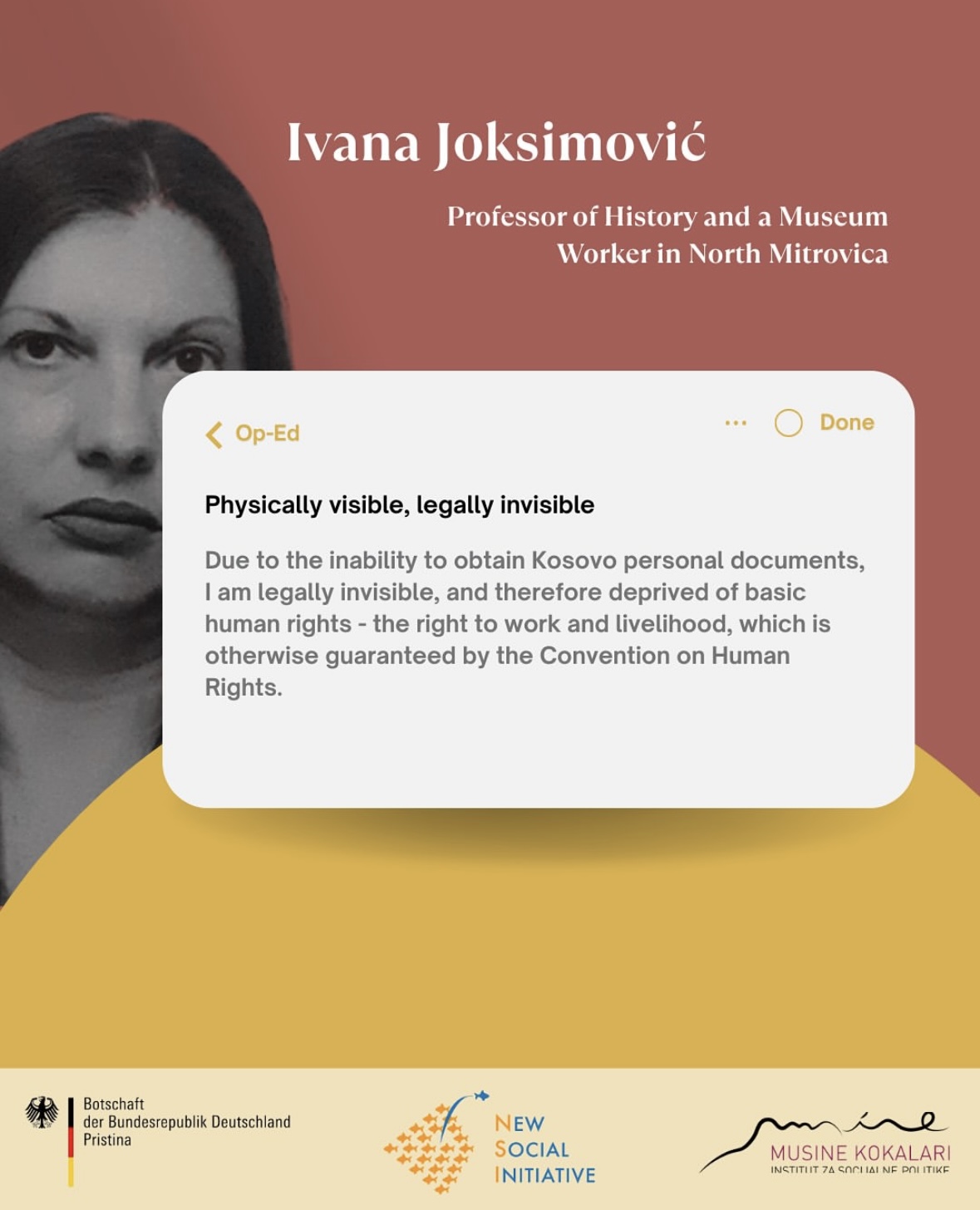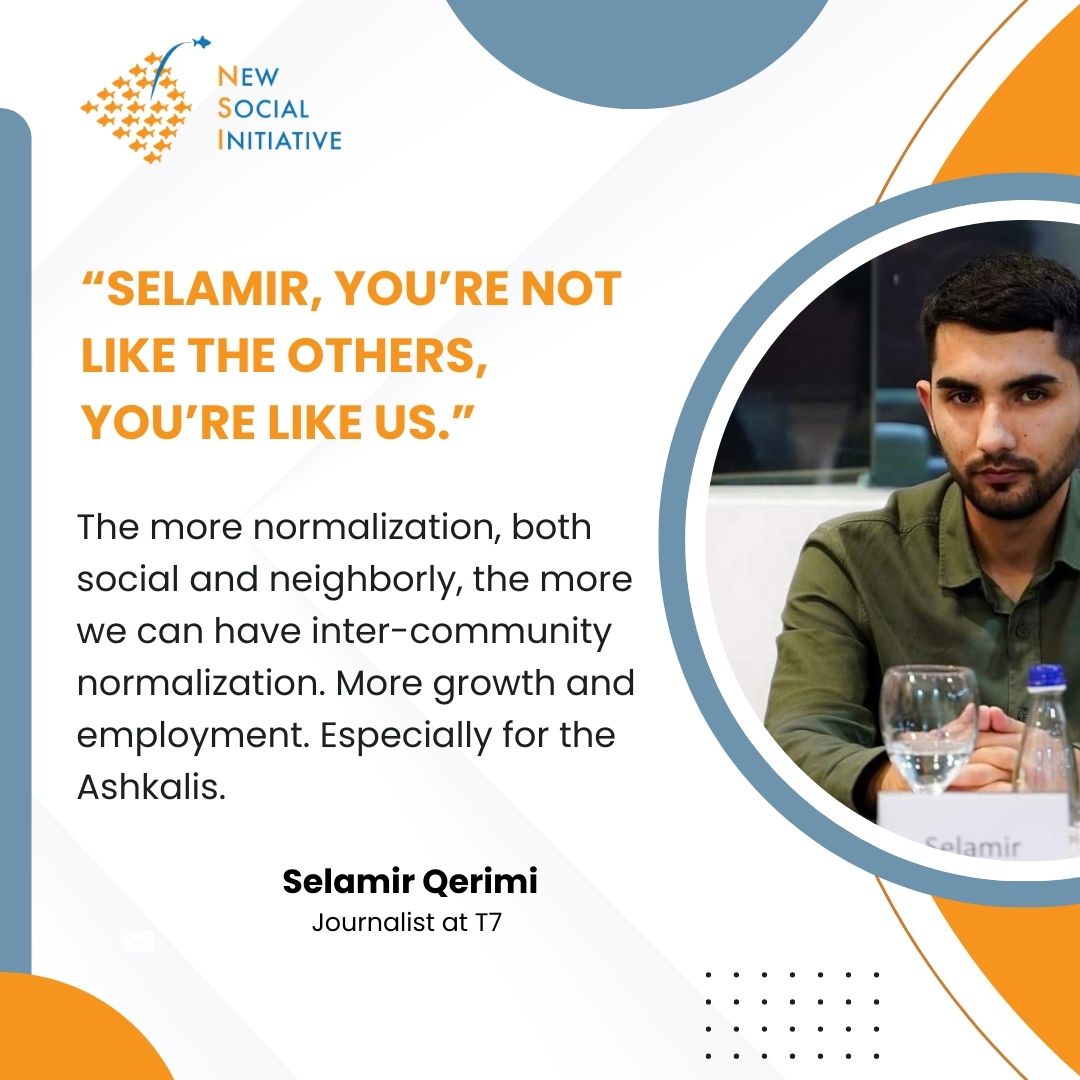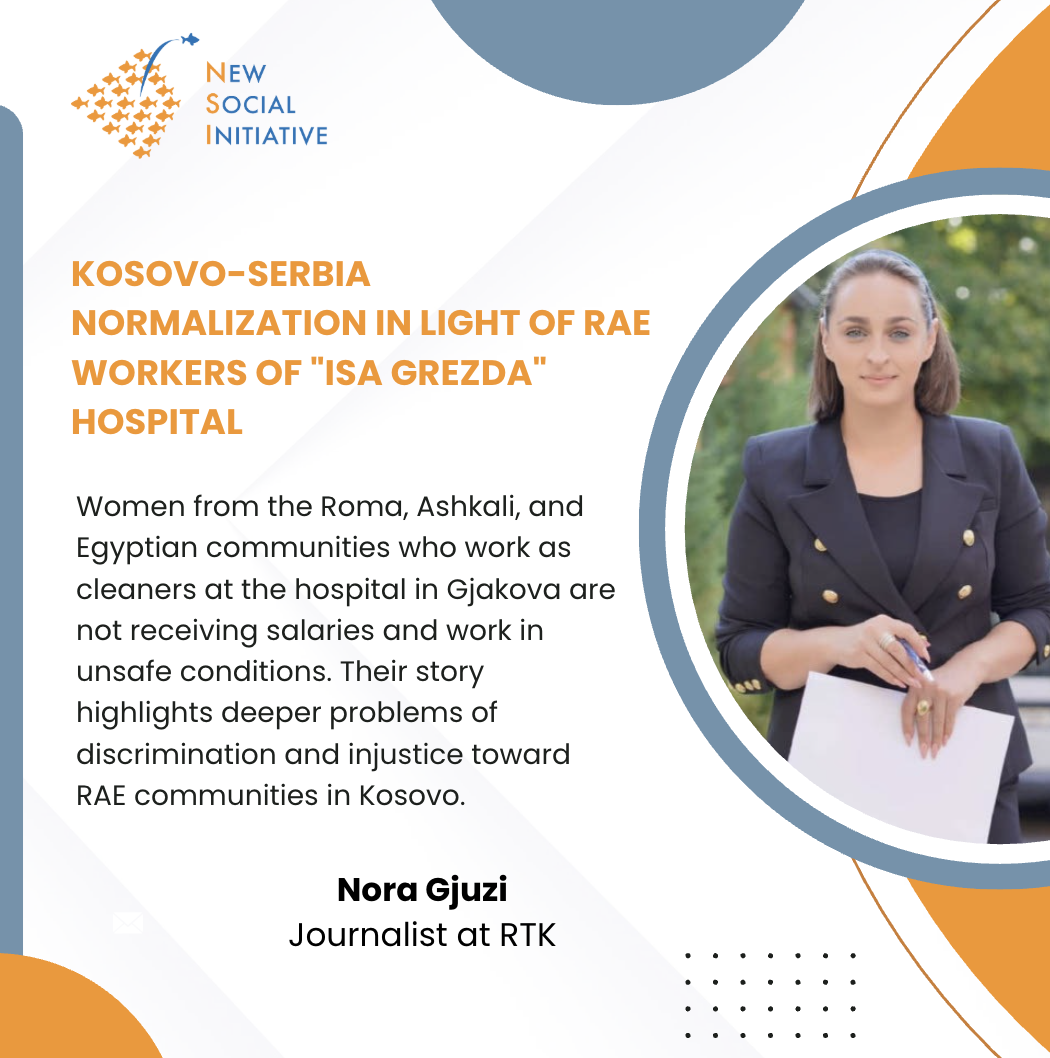The COVID-19 pandemic has killed tens of thousands of people worldwide, shattered national and global markets, exposed the incompetence of governments, and has shed light on the unpreparedness of even the most developed countries. So far, the Western Balkans countries have reported more than 5,600 coronavirus cases.
There are contrasting viewpoints on what the post-COVID-19 world will look like. Authors such as Stephan Walt and Yuval Noah Harari argue that the outbreak will, inter alia, reinforce nationalism, strengthen the state, normalize social distancing and cause a rise in surveillance technology. Other perspectives argue that the pandemic will yield positive outcomes such as decreased air pollution and CO2 levels due to social distancing, an increase in multilateralism and interdependence and decreased levels of war internationally.
Despite reports of certain countries succeeding at flattening the curve and health experts advising us that this pandemic will pass, there will undoubtedly be long-lasting effects, especially in developing countries which will be devastated by the pandemic. This rings true in the Western Balkans, where the pandemic has overshadowed the long-awaited EU decision to open membership talks with Albania and North Macedonia.
COVID-19 is unprecedented in the effects it has had on societies and in the far-ranging consequences it will produce, which will alter our world permanently. The growing and spanning pandemic threatens to disproportionately hit the Western Balkans; on top of a health crisis it is not equipped to handle, this will be a devastating social, political, and economic hit that will affect the Balkans for years to come.
Geopolitical Challenges
The Western Balkan countries have been facing medical supply shortages and a lack of doctors to adequately handle this outbreak. The EU’s earlier decision to restrict exports of protective gear from countries outside the bloc put Brussels under fire. The EU was also criticized for not doing enough to help its neighbors.
Serbian President Aleksandar Vucic, who has a history of expressing euroscepticism, was quick to emphasize that “European solidarity did not exist,” and felt abandoned by the EU during a time of crisis. On March 21, Serbia received its largest shipment of medical aid from China to combat COVID-19. President Vucic stated that China is “the only one who can help Serbia,” and called the Chinese President “a friend and a brother.”
China is attempting to reinforce its legitimacy as a global leader by using the pandemic as a soft power tool. While China has successfully prevented the spread of the virus by implementing draconian measures to suppress the disease, the country is still being criticized for initially trying to hide news of the virus outbreak by pressuring their officials
to remain silent. Had China been transparent, this would have allowed for countries to act quicker and we would likely not be witnessing such a high number of infected cases and deaths.
On March 30, the EU decided to allocate €38 million to the Western Balkan countries to cover immediate healthcare needs. Serbia, the most affected country, received the biggest contribution of 15 million; Bosnia and Herzegovina received seven million; Albania and North Macedonia received four million; Kosovo received five million, meanwhile Montenegro received three million.
Turkey has also stepped in by sending medical supplies to five Balkan countries to help fight the virus. The aid includes 100,000 protective masks, 2,000 protective suits, and 1,500 COVID-19 tests.
Economic and Political Meltdown
Western Balkan governments have introduced economic stimulus packages to mitigate the effects of the COVID-19. However, the pandemic has already had a significant impact on their economy. The Vienna Institute for International Economics Studies predicts that the Balkans are headed towards their worst financial crisis.
The Western Balkan countries are vulnerable to external financial pressures as their fiscal deficits widen. Consequently, the economies of Albania and Montenegro, who rely heavily on tourism, will take a serious blow. The tourism season in the Balkans is between the months of June and August. Even if the pandemic is under control by then, people will be reluctant to immediately travel. Plans and restrictions to prevent a second wave of the outbreak have not been outlined yet.
Kosovo’s economy depends heavily on remittances from the diaspora community and continues to run a large trade deficit, with exports covering only around 12% of imports. On top of that, Kosovo’s unemployment rate is around 30% and is the poorest economy in the region. Considering these numbers, a global recession will have devastating effects on Kosovo’s economy.
The other more developed economies of the region, Bosnia and Herzegovina, Serbia and North Macedonia, will experience a drop in exports, a major source of revenue. This has the potential to exponentially increase the level of unemployment. According to the Economic Times, the impact of the pandemic on trade will be worse than the financial crisis of 2008.
Western Balkans caught in the Crosshairs again
The pandemic will have deeper political ramifications in a region that has been historically a fertile ground for major power politics. The fear is that these ramifications will seriously endanger the progress made thus far.
Albania and North Macedonia have already opened EU membership talks this year. The former was also admitted as NATO’s newest member. The EU has also appointed a special envoy for the Kosovo-Serbia talks. However, the political and economic risks that the pandemic can unfold are dangerous and might pave the way for more external influences.
The so-called frontrunners of EU integration, Serbia and Montenegro, were already exhibiting a downward trend of their democracy. The 2019 Freedom House Report demoted Serbia from “free” to “partially free” after a decline in its democracy score, whereas Montenegro has not witnessed a power shift in three decades.
Kosovo has also been struggling with a deeply polarizing political scene. The junior party coalition initiated a vote of no-confidence which overthrew a newly elected government two months ago. The Kosovo-Serbia dialogue will be at the epicenter of Balkan politics in the following months and both sides will be looking for international allies to reach their end goals.
The myriad challenges arising from the pandemic will permanently shape our world. While some societies will be able to bounce back relatively quickly, the Western Balkans will need more time to recuperate. COVID-19 will slow down any wheels that have been set in motion toward EU integration. The main focus of the Western Balkan countries will have to be restoring—what could have already been flimsy—stability again.











